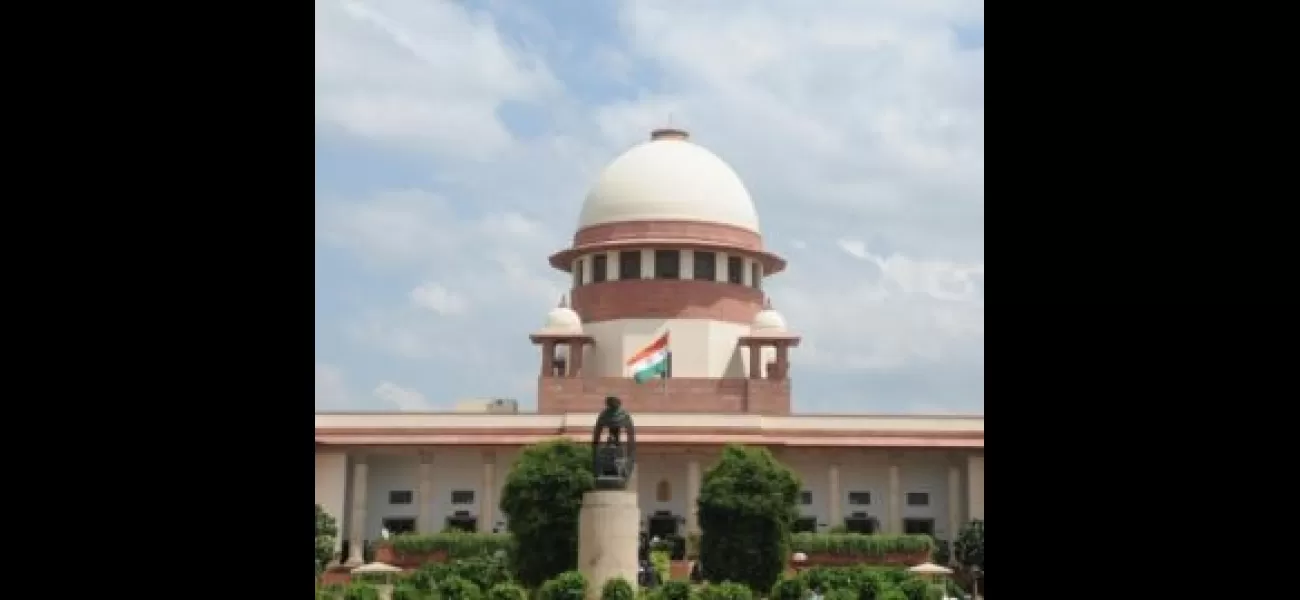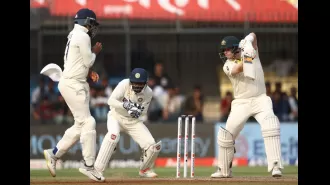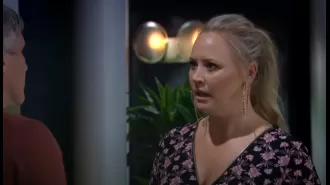The Supreme Court has rejected requests for verifying votes cast using EVMs with VVPAT, ending the debate over electronic voting machines.
India's highest court denies requests for full verification of votes using EVMs and VVPAT, delivering two concurring verdicts.
April 26th 2024.

In New Delhi, the highest court in the country, the Supreme Court, made a decision on Friday regarding the use of Electronic Voting Machines (EVMs) with Voter Verifiable Paper Audit Trail (VVPAT). The court dismissed requests for a thorough cross-verification of votes cast through these machines. This decision was reached by a bench of two judges, Justice Sanjiv Khanna and Justice Dipankar Datta, who both shared concurring opinions on the matter.
Justice Khanna, while delivering the verdict, stated that the court has rejected all petitions related to the use of EVMs and VVPATs in elections. This includes requests for a return to the traditional method of using ballot papers. The court's decision was based on a thorough examination of the evidence and arguments presented by both sides. After careful consideration, the court found no merit in the pleas for complete cross-verification of votes cast using EVMs with VVPATs.
The use of EVMs with VVPATs has been a topic of debate in India, with some questioning the accuracy and integrity of these machines. However, the Supreme Court's decision reaffirms the use of these machines in elections. Justice Khanna further added that the court has full faith in the Election Commission of India's (ECI) ability to conduct free and fair elections using EVMs and VVPATs.
This verdict by the Supreme Court brings an end to the legal battle surrounding the use of EVMs with VVPATs in India. The court's decision is final and binding, and it is expected to pave the way for smooth and transparent elections in the future. The use of technology in the electoral process is a step towards a more efficient and modern democracy, and the Supreme Court's decision reinforces this belief.
Justice Khanna, while delivering the verdict, stated that the court has rejected all petitions related to the use of EVMs and VVPATs in elections. This includes requests for a return to the traditional method of using ballot papers. The court's decision was based on a thorough examination of the evidence and arguments presented by both sides. After careful consideration, the court found no merit in the pleas for complete cross-verification of votes cast using EVMs with VVPATs.
The use of EVMs with VVPATs has been a topic of debate in India, with some questioning the accuracy and integrity of these machines. However, the Supreme Court's decision reaffirms the use of these machines in elections. Justice Khanna further added that the court has full faith in the Election Commission of India's (ECI) ability to conduct free and fair elections using EVMs and VVPATs.
This verdict by the Supreme Court brings an end to the legal battle surrounding the use of EVMs with VVPATs in India. The court's decision is final and binding, and it is expected to pave the way for smooth and transparent elections in the future. The use of technology in the electoral process is a step towards a more efficient and modern democracy, and the Supreme Court's decision reinforces this belief.
[This article has been trending online recently and has been generated with AI. Your feed is customized.]
[Generative AI is experimental.]
0
0
Submit Comment





